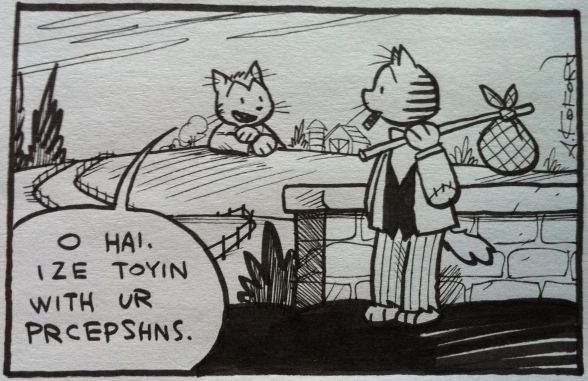Here are my five-star reads from 2007: You can see some of my reading jags in here, with lots of communism and Warren Ellis. Not a lot of super-great teen reading, though.
The Cold War: a new history by John Lewis Gaddis
1984, Orwell
Koba the Dread: Laughter and the Twenty Million, Martin Amis
The secret world of American communism, Harvey Klehr, John Earl Haynes, and Fridrikh Igorevich Firsov
Nextwave, agents of H.A.T.E. Vol. 1, This is what they want, Warren Ellis
Crooked Little Vein, Warren Ellis
Fell. Volume 1, Feral city, written by Warren Ellis, illustrated by Ben Templesmith
The campfire collection: thrilling, chilling tales of alien encounters, edited by Gina Hyams
Teen reading
Un Lun Dun, China Mieville
The absolutely true diary of a part-time Indian, by Sherman Alexie ; art by Ellen Forney
The wall: growing up behind the Iron Curtain / Peter Sís (Y)
Again Sís does a fantastic job combining a great story with great illustrations. I really liked it. Five stars.
Horseradish : bitter truths you can’t avoid / Lemony Snicket (Y)
I got a recommendation from a pal, but was let down by the fact that, while amusing, it seems like a Jack Handey retread. Two stars.
Monkey portraits / photographs by Jill Greenberg (Y)
Fun to make your face recognition fight to interpret monkey faces. Great portraits. Four stars.
I’d tell you I love you, but then I’d have to kill you / Ally Carter (Y)
At first thought it was just a (well paced) teen spy school book, but developed much more as the book went on. Well done. Three stars.
